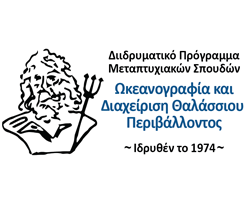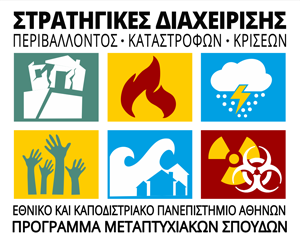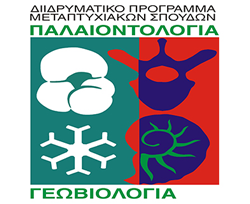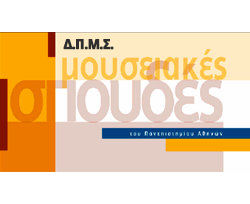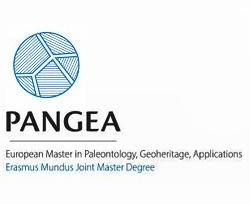DEPARTMENT
The Department of Geology and Geoenvironment covers the cognitive field of Geosciences and, together with the Departments of Mathematics, Physics, Chemistry, Biology, Computer Science, History and Philosophy of Science, belongs to the School of Sciences of the National and Kapodistrian University of Athens. It offers Undergraduate, Postgraduate and Doctoral Programmes of Studies and this year counts 50 years of operation and social contribution, while at the same time having a remarkable activity in the fields of research and innovation.
Geology as a science has its roots in the Palaeolithic era. From the moment man appeared, he sought suitable raw materials for the manufacture of weapons and tools, as well as for the construction of brick or stone houses, temples, retaining walls, forts and monuments. Also important are the land reclamation and other technical works built in various countries millennia ago, which have been preserved to this day, many of them in excellent condition. The prospecting and processing of precious and base metals such as gold, silver, tin, copper and minerals suitable for medical and pharmaceutical purposes relied on specialised groups of people who obviously had knowledge of geology and metallurgy. The descriptions of how ancient and medieval writers described how raw materials were searched for, found, tested and processed, such as Theophrastus, Diodorus of Sicily, Vitruvius, Strabo, Agricola and others.
Today, all over the world, geology is a key factor in the development of each country's economy. Many of them have a special Department of Geological Research, embedded in relevant Ministries. The Geological Survey of many countries has an official age of more than 130 years, for example Britain [1835], Spain [1849] and the USA [1879], while in Russia the corresponding service was officially established about 300 years ago, in 1719.
In our country, geological research over the centuries has shown intense activity and periods of decline, depending on the prevailing social, economic and political conditions. The first silver-lead and copper exploitations of Lavrio are lost in the depths of history. The official state institution of our country, the Institute of Geological & Mineral Research [IGME, formerly IGEY and ETHIGME] was founded after the war, namely in 1952, while the Geological Department of the National & Kapodistrian University of Athens [now the Department of Geology & Geoenvironment] was founded in 1970. The first graduates of the Department joined the scientific staff of IGME, the Observatory, the Public Power Corporation, mining, hydrogeological and technical companies and consulting offices, as well as hydrocarbon exploration and exploitation institutions. The main responsibilities of the geologists were mapping in the countryside, underground works and mines, earthquake studies, hydrogeological surveys, supervision of drilling and engineering works and the study of drilled roc
The following parameters have recently given a great impetus to the development of new jobs for Geologists graduating from the National and Kapodistrian University of Athens in Greece:
the staffing of our Department with internationally renowned teaching and research staff, as evidenced by their publications in international journals, their participation in international and Greek basic and applied research programmes and the development of stable links with important Universities and Research Centres in Europe and across the Atlantic
the continuous development of the taught courses and field exercises
the participation of students in European or Greek basic and applied research programmes, through which the participants acquire the desired experience in specific areas of the Earth Sciences
the successful internship of students in institutions and companies in the sector, as evidenced by the ever-increasing number of interested/assigned students of the department, mainly through the EPEAEK II Student Internship Programme and now through the NSRF programme
the use of modern teaching methods and the use of information and communication technologies, with emphasis on active learning through the study of representative cases and the preparation of projects.
the use of modern and asynchronous tele-education technologies to complement traditional face-to-face teaching methods
the dozens of textbooks in electronic form posted on the Department's website and on the pages of the University's Electronic Classroom.
On this website, students and all interested parties will find information about the structure of the Department, the staff, the undergraduate and postgraduate curriculum, the timetable and the examination schedule.
The Department of Geology and Geoenvironment of the University of Athens aims at the continuous improvement of the educational process, the participation of students in research projects, as well as their training and specialization in new methodologies - technologies. In this way, it aims at the emergence of new scientists with modern perception and excellent scientific training, who will contribute to the development and improvement of Earth and environmental sciences.


